An appearance by Hollande's supposed lover, actress Julie Gayet, at an official function last week set tongues wagging that she was being gradually introduced as France's new first lady ahead of the 2017 presidential election.
Gayet's appearance at a wartime memorial ceremony was pure coincidence, Hollande's team said, but society gossip-monger Paris Match claims she is being introduced “little by little” into the presidential limelight.
Hollande has refused to be drawn on the nature of their relationship, which was dramatically revealed last year by a tabloid magazine.
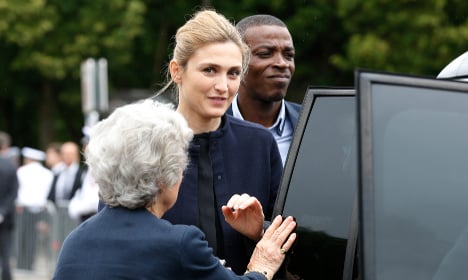
The report destroyed his relationship with journalist Valerie Trierweiler, who later published a damaging kiss-and-tell book about her time in the Elysee Palace.
Nor will Hollande officially admit to being in campaign mode, saying: “I am not in a race which would not yet make any sense.
His schedule suggests otherwise, with the 60-year-old spending a busy few weeks criss-crossing the country and pressing the flesh.
“A handshake, a selfie, a kiss — that's three votes,” said an advisor at one recent appearance.
Hollande also looks to be buttering up voters with policy promises.
Having campaigned strongly on an anti-banking, anti-austerity message in 2012, he confused many supporters by instantly reversing course once in office, raising taxes on the middle classes and reining in public deficits.
He is now trying to spin those efforts as the first step towards reducing taxes in the future.
“The French have perfectly well understood that today's deficits can be tomorrow's taxes,” he told a local paper last week.
Hollande is hoping that meagre signs of growth in the economy — predicted at 1.0 to 1.2 percent this year — will afford him a few new sops to pensioners and state employees, as well as a drop in taxes for “nine million households”.
“We get the impression the president is playing Father Christmas,” scoffed Laurent Wauquiez, from the right-wing opposition.
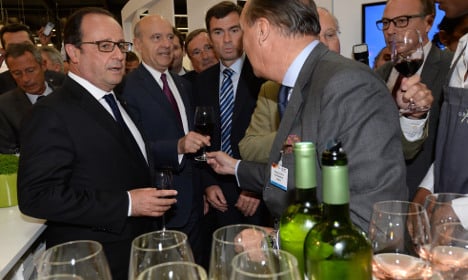
'Crescendo'
So far, the path looks daunting for the man with the worst popularity ratings in modern French history.
Hollande has been clawing his way back up the polls in recent weeks, but the latest showed only 22 percent of voters were satisfied with his performance and only 2 percent very satisfied.
Unemployment rates remain the biggest obstacle — stubbornly stuck at 10 percent overall and a devastating 24 percent for young people.
Hollande has tried to offset some of the criticism by saying he would only stand for a second term if he reduced unemployment, but many doubt his sincerity on that front.
“Either way, he'll go for the presidency,” said Stephane Rozes, head of think tank Cap. “No one on the left has emerged as an alternative to Francois Hollande.”
Many have wondered if the slightly more popular prime minister, Manuel Valls, a tough-talking Blairite who has taken on the Socialist Party's left wing, may run instead.
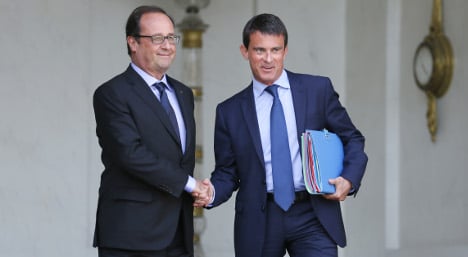
But the left faces enough problems and division without a fratricidal leadership contest, and Hollande is pulling out all the stops to cast himself in a presidential light, with appearances at a slew of national and international events.
“Like a crescendo, he's building up evidence for his candidature with all these symbolic presidential appearances,” said Rozes.
His next soapbox will be at the centre of the global climate conference being hosted by Paris at the end of the year — a chance for Hollande to present himself as literally the saviour of the world.
He'll also have the European football championships, hosted by France in 2016, to build up some goodwill.
His primary opponent on the right is Nicolas Sarkozy, who returned to frontline politics last year for the first time since losing to Hollande in 2012.
Sarkozy regularly derides the president's “mediocrity”, but looks equally embattled himself after a barrage of corruption scandals and a multitude of challengers within his own camp.
Many right-wing supporters would like to see the more cerebral, less antagonistic Alain Juppe, a former prime minister, bid for the presidency — he was 10 points ahead in a recent poll of centre-right voters.
Then there's the insurgent threat from far-right leader Marine Le Pen, whose National Front has won around a quarter of the vote in local and European elections.
By snatching anti-immigration and anti-EU votes from across the political spectrum, she stands a good chance of knocking out one of the mainstream candidates before they make it to the second-round run-off — a fear that is likely to weigh heavy on all candidates as the presidential polls grow closer.

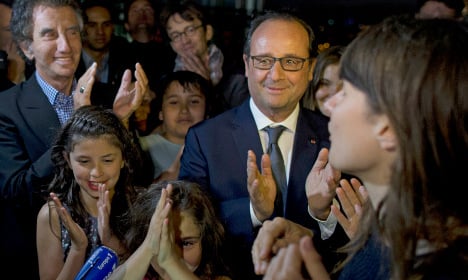
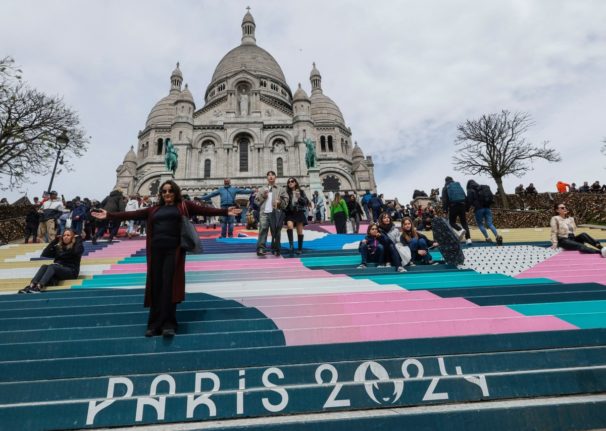
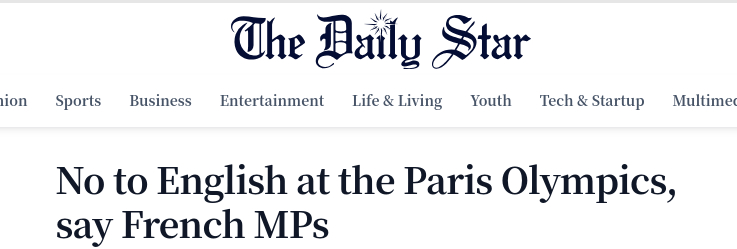
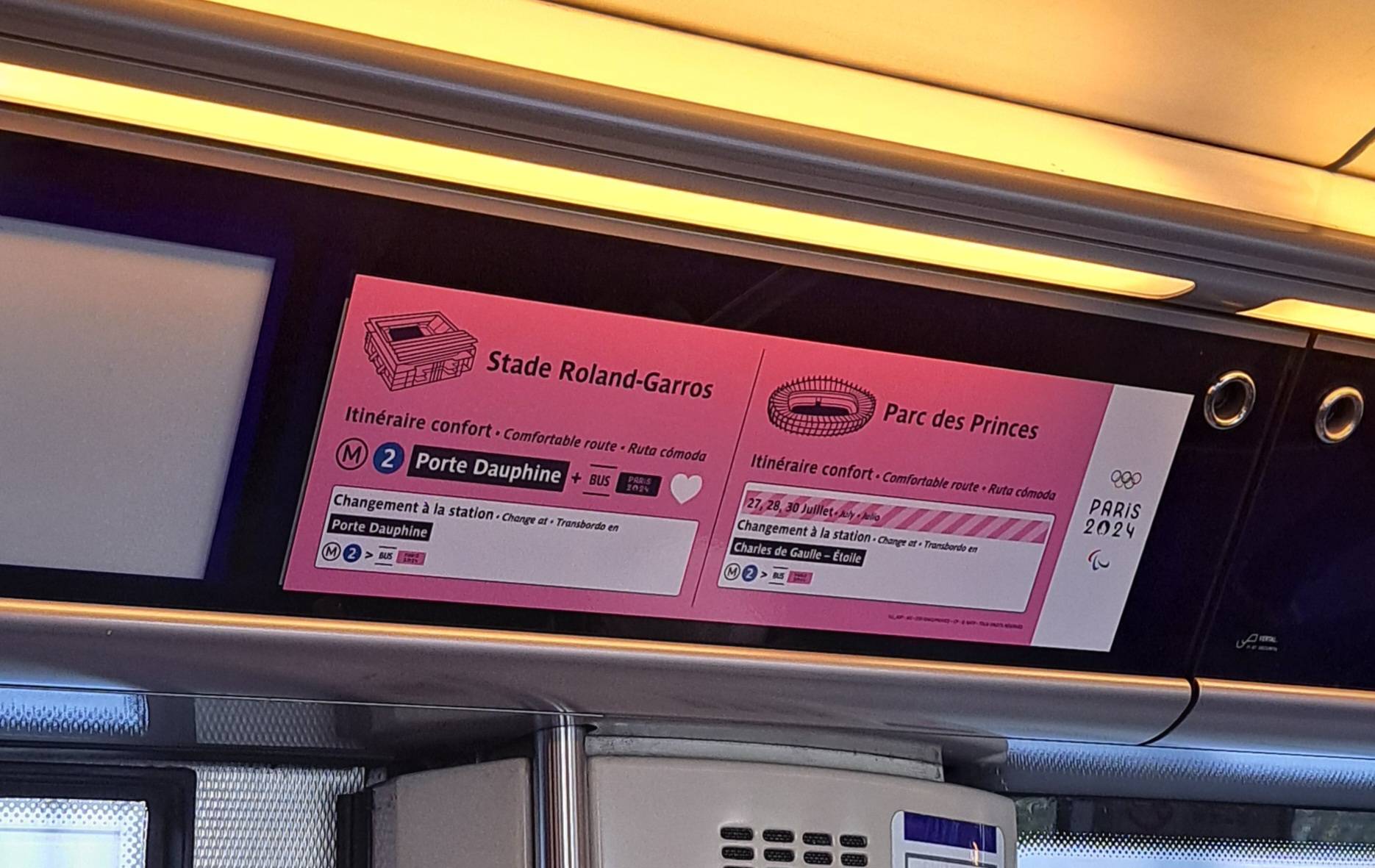
 Please whitelist us to continue reading.
Please whitelist us to continue reading.
Member comments